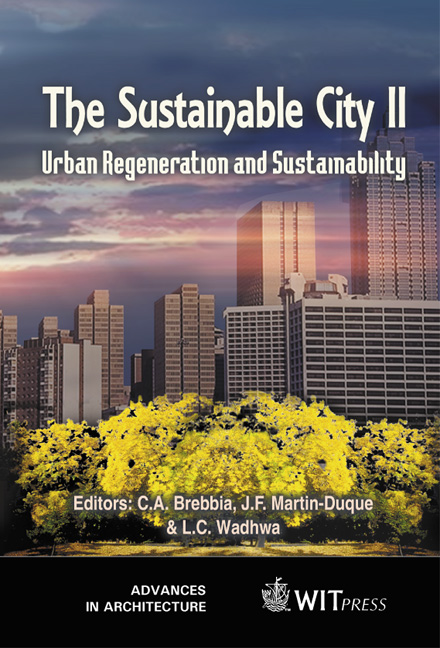Brazilian NGOs And The Urban Management: The Role And The Impacts Of Civil Society In The Sustainable Cities
Price
Free (open access)
Transaction
Volume
54
Pages
Published
2002
Size
520 kb
Paper DOI
10.2495/URS020691
Copyright
WIT Press
Author(s)
A S S Teodósio
Abstract
This article discusses the impact of Won-Governmental Organizations (NGOs) on the strategies of urban management: of Brazilian cities. The author analyses the characteristics of the non-profit sector (Third Sector) in Brazil and its role in the modernization of public politics in big cities. Dilemmas and perspectives of diffusion of the citizenship through the action of NGOs are discussed in connection with the nature of the non-profit and voluntary activities. The analyses indicates dilemmas in the relationship among NGOs governmental agencies, private organizations and non-profit institutions. In some cases, partnerships among these three spheres can bring about advances to sustainable cities. In other cases, there is a capture of non-governmental organizations by the State and the private corporations. 1 Introduction The recent discussions in the fields of political science, in the academic sphere and in the ambit of concrete social practices, have been giving prominent place to the so-called Third Sector. There have been a lot of publications, seminars and debates whose focus is the relevance, the characteristics and the nature of the organizations that act in this field. The concepts associated to the idea of Third Sector are wide, imprecise and even contradictory to each other, as it will be discussed further ahead. However, it is important to get a minimum definition of the term. Thus, Third Sector is under- stood as a varied range of organizations that includes entities without profitable,
Keywords





